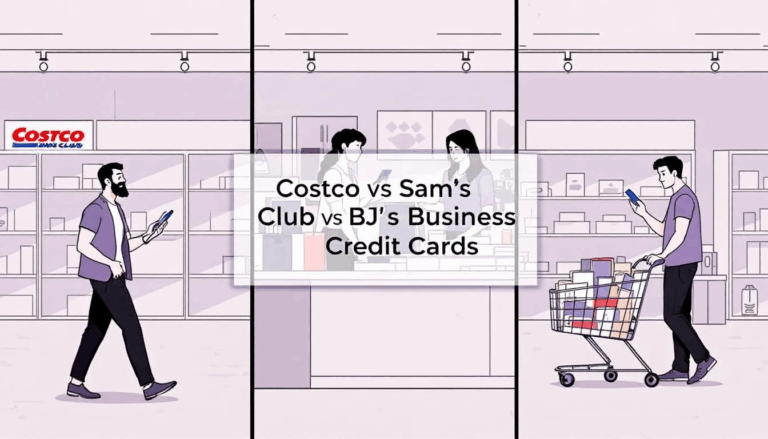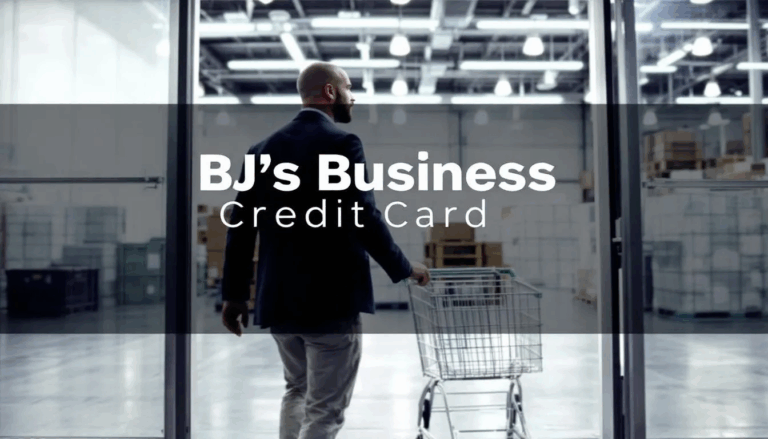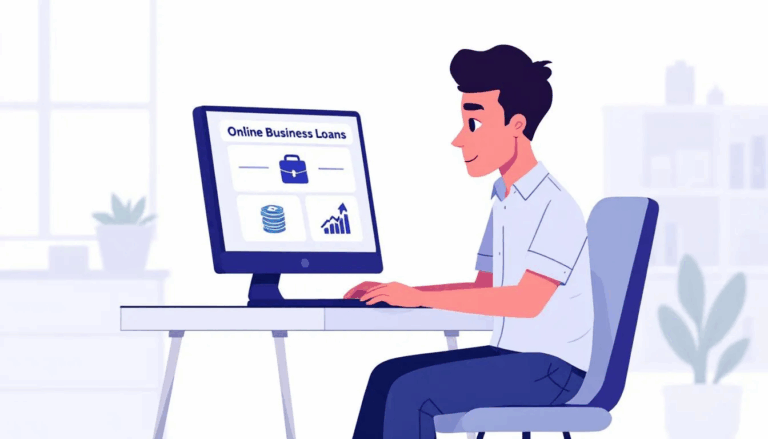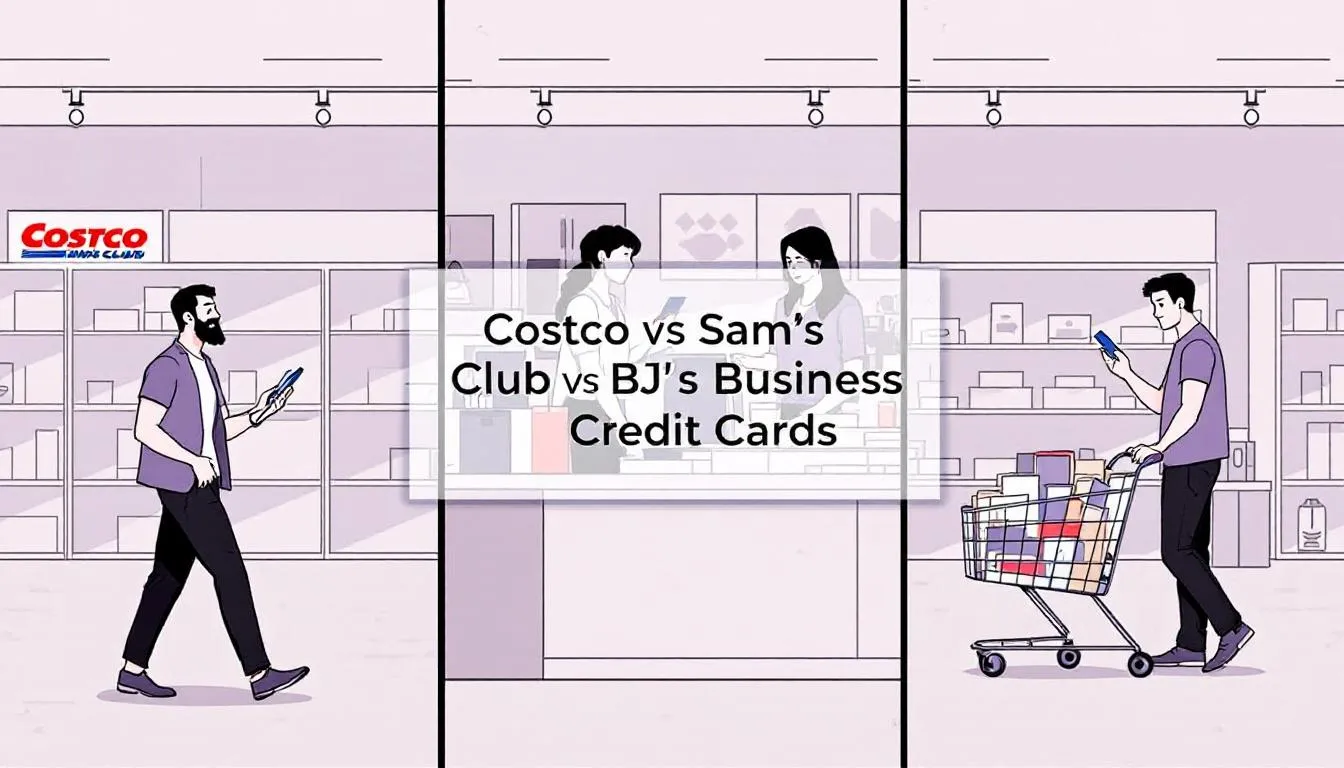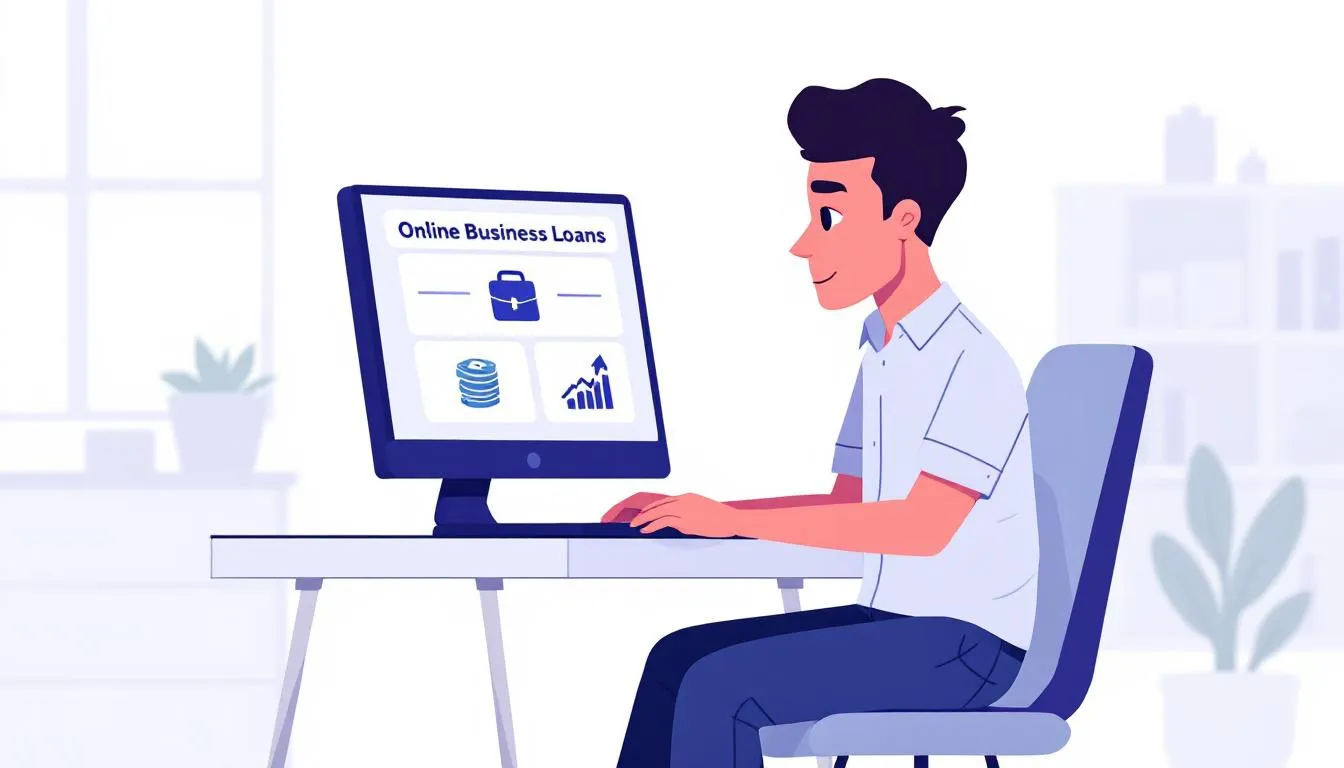What is a Commercial Loan?
A commercial loan refers to a form of debt financing where a company receives funding to cover expenses, such as equipment or business expansion, that it repays, along with interest. The most common form of commercial lending is the business term loan.
However, business lines of credit and various loans are also used for specific purposes, such as equipment financing. Some commercial loans require collateral (secured), while others don’t require collateral (unsecured). Unsecured loans typically have higher interest rates than secured loans.
The repayment terms for commercial loans can vary, but they are often shorter than those for personal loans, typically ranging from 1 to 30 years. The application process for commercial loans usually requires applicants to submit financial documentation, including balance sheets and tax returns.
Commercial loans can be utilized for various business purposes, including hiring staff, expanding inventory, and launching marketing campaigns. Commercial loans are often associated with higher interest rates than personal loans, leading to higher monthly payments.
How do Commercial Loans work?
There are various commercial lending options. Here are some examples of widely used commercial loans.
Business Term Loans: A traditional financing structure where the business receives a lump sum disbursement of cash for various business purposes. A company could use the funds for working capital, one-time purchases, or other purposes. The business repays the term loan, including interest and fees, in fixed monthly payments.
Business Line of Credit: Instead of a one-time disbursement, the funds are activated as an available credit limit. Companies can draw funds from the credit line as needed and only pay interest on what they draw. The credit limit replenishes as it’s repaid, like a credit card. A business line of credit is ideal for covering ongoing projects or unexpected expenses.
SBA Loans: The US Small Business Administration (SBA) oversees the SBA loan program and partially guarantees up to 85% of the loans. That gives lenders the security to offer higher amounts at lower rates and longer terms, making them the “gold standard” of small business financing.
Equipment Financing: Provides funds for essential business equipment, including medical equipment, heavy construction equipment, restaurant equipment, and other specialized items. Some equipment financing includes vehicles, such as:
Commercial Real Estate Loan: A business loan explicitly used for real estate purchases or to build or renovate property. The commercial property (such as a storefront, warehouse, or factory) being financed typically serves as collateral for commercial real estate loans. At least 51% of the commercial property must be used for business purposes. Commercial real estate loans usually require larger down payments compared to residential property loans, often ranging from 15% to 35%.
Commercial Hard Money Loan: A hard money business loan is typically secured using high-value tangible assets as collateral. Hard money lenders usually prefer real property as collateral.
Where do businesses get Commercial Loans?
There are several commercial business loan lender options available to meet your business financing needs. Choosing the right financial institution depends on how much you need, how soon you need it, and your qualifications. Terms and rates for commercial loans vary depending on the lender and loan type.
Here are the various types of commercial lenders to consider.
Traditional Lenders
Traditional lenders include banks and credit unions. You can apply to a large commercial bank, or many local community banks also offer business financing.
You’ll typically need at least two years in business, excellent credit, and high annual revenue to qualify for business bank loans. You’ll need similar credentials for a credit union and must also be a member of that credit union. Banks may require collateral, such as property, equipment, or accounts receivable, to secure a commercial loan.
Traditional business loans also take a long time to close and fund and require extensive documentation. However, you’ll typically get the lowest interest rates and most favorable loan terms if you qualify.
US Small Business Administration
As mentioned, the SBA oversees the coveted SBA loans. However, you cannot apply directly to the SBA. Business owners must apply to an SBA-approved lender, which can be a bank, credit union, or an alternative business financing facilitator, such as UCS. Small business owners can get lists of SBA-approved and SBA-preferred lenders from the government agency’s website.
Alternative Lenders
There are many alternative business loan lenders available. They’re also known as online lenders or fintech lenders, as most utilize financial technology to expedite the underwriting process.
Most alternative lenders provide convenient online applications with minimal documentation requirements. You could potentially receive same-day or next-day credit approval. Many online lenders can fund approved business loans in 1-3 business days, depending on the loan type. Some even provide same-day funding. Some online lenders may offer unsecured commercial loans to borrowers with high credit scores and readily available cash reserves.
Additionally, online lenders are more lenient regarding a low personal credit score or a shorter time in business than traditional lenders. The tradeoff is that alternative business loans tend to have higher rates.
Nonprofit Lenders
Other lenders include nonprofit organizations that provide business financing options for companies in economically disadvantaged areas. They typically provide funding to support local businesses, aiming to stimulate the local economy as a whole.
What are the benefits & drawbacks of Commercial Loans?
Commercial lending provides the necessary funding to help sustain operations or fuel growth. There are a variety of commercial lenders and loan types available.
You can typically find commercial lenders for most levels of funding needs, whether you’re looking to cover operating costs, purchase equipment, or fuel growth. Small businesses can get small business loans, while large corporations can get enterprise-level commercial financing.
Most traditional lenders offer high borrowing amounts at low interest rates and longer terms. However, qualifying for a traditional commercial loan is more challenging, and it can take a considerable amount of time to fund. Many commercial loans require a personal guarantee, which can put personal assets at risk.
Some commercial loan options have exhaustive documentation requirements, and you must have excellent credit. Alternative commercial loans have fewer requirements and are funded more quickly; however, they typically carry higher interest rates.
Commercial Loan Pros & Cons
Pros:
- Provides necessary business funding.
- Multiple loan types & lenders.
- Funding is available for small businesses up to enterprise-level corporations.
- Traditional commercial lenders offer high borrowing amounts at low rates.
Cons:
- Traditional lenders have strict qualifications.
- Some commercial loans require extensive documentation.
- It can be challenging to find the right loan or lender.
- Banks and credit unions take a long time to close and fund a loan.
- Alternative lenders typically charge higher rates.
How to apply for a Commercial Loan:
You can apply for an online commercial loan through our lender network. Below, we’ll explain how to apply for each product and the required documents.
Step 1: Choose the Right Product
The first step is choosing the right product for your needs and goals. This should require decent research, as each product is designed for different financial circumstances and cash flow cycles. Does your business experience occasional dips in revenue? Is your business highly seasonal?
You should also consider the purpose of the funds. How long will it take you to pay off the loan? This will help us determine the right borrowing amount and terms for you.
Step 2: Gather Your Documents
Here are the documents required for the different loan products:
Business Term Loan
- Driver’s license
- Voided check from a business checking account
- Bank statements from the past three months
SBA Loan
- Driver’s license
- Income statements
- Business license or certificate
- Voided business check
- Bank statements from the past three months (length of history varies)
- Credit report/Statement of personal credit history
- Credit card processing statements (length of history varies)
- Personal tax returns from the past three years
- Business tax returns from the past three years
- Business Plan (Not in all cases)
- Personal financial statement
- List of real estate owned
- Debt schedule
- Deeds/Title/Ownership documentation for any collateral/security
- Current Profit & Loss Statements and Balance Sheet Year-to-Date
- A/R and A/P Reports
- Lease/Rent documentation
Business Line of Credit
- Driver’s license
- Voided business check
- Bank statements from the past three months
Working Capital Loan
- Driver’s license
- Voided business check
- Bank statements from the past three months
Equipment Financing
- Driver’s license
- Voided business check
- Bank statements from the past three months
- Invoice for equipment
Step 3: Fill Out Application
You can begin the application process by calling us or filling out our one-page online application. Either way, you’ll be asked to enter the information from the previous section along with your desired funding amount.
Step 4: Speak to Representative
Once you apply, a representative will contact you to explain the repayment structure, rates, and terms of your available options. This way, you won’t have to worry about surprises or hidden fees during repayment.
Step 5: Receive Approval
If approved, you’ll hear back from us within 24 hours. Funds for Business Term Loans, Business Lines of Credit, Working Capital Loans, and Equipment Financing should appear in your bank account anywhere from 24 hours to one week. It typically takes 8-12 weeks, at the very least, for SBA Loans to receive funding.
Frequently Asked Questions
Here are the most common questions about commercial business loans.
What’s the difference between a Commercial Loan & a Business Loan?
A commercial loan and a business loan are the same thing. Both terms refer to loans taken out by a business for business purposes. They can be used interchangeably.
However, some lenders use the terms to denote different levels of funding programs. They often refer to loans for small or medium-sized businesses (SMBs) as “business loans” or “small business loans.”
Meanwhile, they reserve “commercial loan” for larger financing products, such as capital equipment loans for corporations. As a small business owner, you may prefer dealing with lenders who focus exclusively on small business loans.
When should I get a Commercial Loan?
Business owners often use commercial loans to maintain working capital during a temporary downturn or to fuel growth. Examples include business expansion or acquisition.
You also want to ensure your cash flow can handle the payment schedule. It would be best to pursue business financing for goals that will increase your revenue.
Can I get a Commercial Loan with Bad Credit?
Some alternative lenders offer bad credit business loans to borrowers who are unable to obtain loan approval elsewhere. However, these loans typically have lower borrowing amounts, higher interest rates, and shorter repayment terms than those available to individuals with good credit.
One way business owners approach business loans for bad credit is as a form of bridge financing. A bad credit business loan provides short-term funding while you build your credit to qualify for a more advantageous commercial loan option with a lower interest rate.
Understanding Commercial Loans – Final Thoughts
A commercial loan could refer to any business loan, or it might specifically refer to larger loans for enterprise-level businesses. In either case, it’s essential to understand the types of commercial lending available, including term loans, lines of credit, and equipment financing.
The specific purposes for which you need the funds largely dictate which loan you should get. A commercial loan is a broad term that encompasses various forms of business financing.
Contact us if you have further questions about commercial loans or would like to apply for a small business loan. Our business funding experts can help match you with the best loan options tailored to your needs and qualifications.





